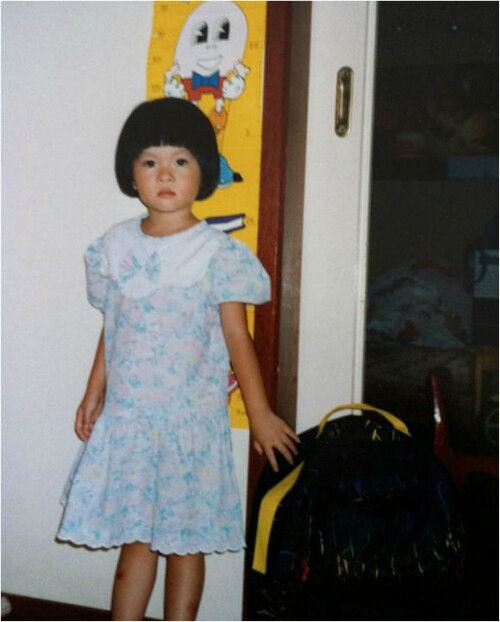Bald women in media are often relegated to negative stereotypes: weak, undesirable, even villainous. But hair loss doesn’t diminish strength or worth. This guide offers a path to embrace baldness and live a fulfilling life.
Growing up, I was fascinated by the story of Samson and Delilah. Samson’s strength resided in his hair, and its loss led to his downfall. As a child, I struggled with this idea, especially seeing powerful bald men like Rupert Murdoch or the Dalai Lama. Yet, the portrayal of bald women in popular culture is often negative, think Natalie Portman in V For Vendetta (punishment), Anjelica Houston in The Witches (monster), or the bald woman as Satan in The Passion of The Christ. These depictions reinforce a private, hidden struggle.
I have alopecia areata, an autoimmune condition where the immune system attacks hair follicles. While the exact cause is unknown, it’s considered genetic, and there’s no cure. In Australia, it affects approximately 2% of the population. Alopecia areata presents in various forms: patchy hair loss (areata), complete scalp hair loss (totalis), and complete body hair loss (universalis).
My experience with alopecia began in infancy. After initial patches, my hair became a defining feature during my school years.
The obsession continued into adolescence, but in high school, my hair began thinning and falling out in clumps.
I resorted to wearing a bandana, facing questions and bullying related to cancer, lesbianism, and religious extremism. The experience was isolating and uncomfortable. Eventually, my hair grew back, briefly resembling a “Shanghainese prostitute” at my school formal.
By university, it had mostly returned. I had a boyfriend, graduated, and started working. Then, it fell out again. But this time, I was okay with it.
I’ve lived with alopecia on and off for most of my life. I still struggle at times, which led me to develop a three-step guide to survival for bald women navigating a world that often overlooks or misrepresents them.
Step 1: Know Your Worth
Women are often objectified, but baldness can neutralize this dynamic, leading to confusion. As Naomi Wolf points out in The Beauty Myth, limiting images of women to just “beauty” excludes countless other portrayals. Baldness in women falls into this underrepresented category. It challenges conventional female identity and can lead to being seen as “ill,” “imperfect,” or even “frightening.”
So where does your worth lie? It’s in recognizing that “womanly” is a construct. It’s in developing a sense of humor and strong relationships. It’s in understanding that as a bald woman, you redefine what it means to be a woman.
Step 2: Embrace Baldness
Society readily accepts bald legs and armpits, yet a bald head remains taboo. This illogical double standard fueled my desperation to regrow my hair after my first experience with alopecia. I tried everything, from vitamins to ointments, even considering permanent marker. But when my hair grew back, it wasn’t enough. I constantly sought to improve my appearance, buying new clothes, makeup, and hairstyles, but felt increasingly inauthentic.
When my hair fell out again, I decided to shave my head. The feeling was liberating. I felt content, realizing that my hair didn’t define me. Plus, I saved money on shampoo!
Step 3: Be Visible
As a bald woman, I’ve grappled with questions like: Why is Satan portrayed as a bald woman? Am I Satan? Do men find bald women attractive? Will I ever have sex again? For a long time, I had no one to share these anxieties with.
Alopecia’s impact is primarily psychological. Online forums reveal the isolation, fear, and anger experienced by many women with alopecia. These forums provide a safe space for connection and empathy.
My coping mechanism was writing. I started blogs about alopecia, driven by a fear of isolation and a desire to break the silence. I connected with other young, Asian, bald women. Slowly, I learned to talk about it and felt less alone.
After speaking about alopecia at a book launch, I met a woman whose friend’s daughter had just been diagnosed. The family was keeping it a secret, believing that baldness precluded the girl from being likable, successful, or beautiful.
There’s a strong possibility my hair may never grow back. I refuse to live believing I’m less than someone with hair. I refuse to hide. I refuse to fear windy days or spend nights scrubbing glue from adhesive eyebrows. I’ve done these things my whole life, and I’m done.
I’m ready for openness, challenged perspectives, and empowered bald women. I don’t want to merely survive. I want to live.
Michelle Law is a Brisbane-based writer.
